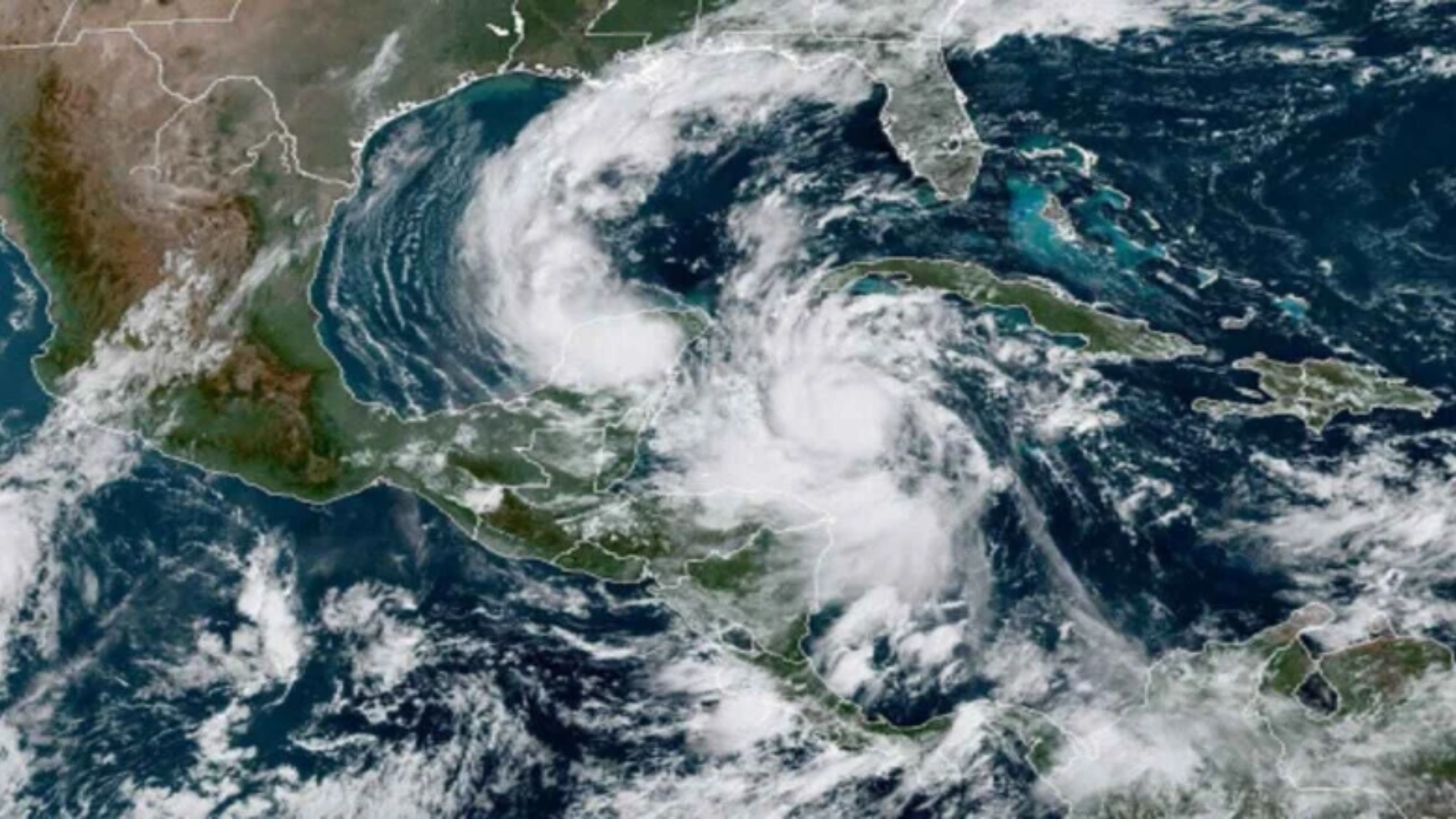India’s two major stock exchanges, the Bombay Stock Exchange (BSE) and the National Stock Exchange (NSE), have announced the schedule for this year’s special ‘muhurat’ trading session, which takes place annually on Diwali.
Timing for Muhurat Trading
The one-hour ‘muhurat’ trading will be held from 6:00 p.m. to 7:00 p.m. on Diwali, marking the beginning of the Hindu calendar year, Samvat 2081. Diwali is considered a highly auspicious occasion for financial growth by many investors, and the start of the new year is seen as a positive time for investments.
According to the circular released by the exchanges, the pre-opening session will occur from 5:45 p.m. to 6:00 p.m., while the block deal window will be open from 5:30 p.m. to 5:45 p.m.
Schedule for the Special Session
The periodic call auction will be conducted between 6:05 p.m. and 6:50 p.m., with random closures for order entries during the last 10 minutes of the auction. The closing session will be held from 7:00 p.m. to 7:10 p.m., followed by the post-closing period, which will run from 7:10 p.m. to 7:20 p.m.
On the occasion of Diwali, the regular stock market activities will be suspended on November 1. Only the one-hour special trading session will be held for trading in equities, currency derivatives, equity futures and options, and securities lending and borrowing.
Muhurat Trading Trends
Traditionally, the muhurat trading session experiences heightened market activity, especially from retail investors, as the event is largely driven by customs rather than financial gains. However, market experts note that institutional participation during this period remains minimal, and foreign portfolio investors typically do not engage.
Kranthi Bathini, an Equity Strategist at WealthMills Securities Pvt., commented, “Since Muhurat trading happens in a very short span, it witnesses volatility. Several investors tend to buy on that day as a customary practice. However, institutional participation will be very limited to negligible. There will be no participation from foreign portfolio investors.”
Thus, while the muhurat trading session holds cultural significance, the market dynamics during this time are distinct from regular trading sessions.















